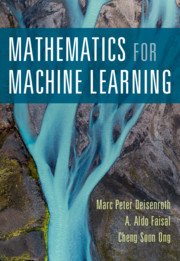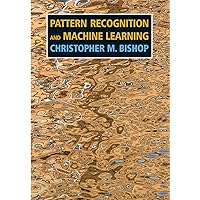Are you interested in exploring the field of artificial intelligence and machine learning but don't know where to start? Look no further! The Machine Learning Foundation course is designed for individuals who are new to this field and want to gain a strong foundation in its concepts and applications. In today's digital world, machine learning has become a key player in solving complex problems and driving innovation. From image and speech recognition to sentiment analysis and predictive analytics, the applications of machine learning are endless.
In this course, you will learn the following:
Textbooks
 |
 |
 |
Upgrading the Backyard Farming Systems in Myanmar
SSA Part 4 (Curing Disease, Harvesting and Marketing)
Currently, I am working at Mid Sweden University as an Associate Senior Lecturer (Assistant Professor). I am also a former postdoctoral researcher in the Networking Intelligence Lab, Department of Computer Science and Engineering at Kyung Hee University, South Korea. I worked as a team leader for the Software Star-LAB project, which aims to develop an autonomous system capable of generating the most appropriate domain-specific deep learning model for the edge computing environment. Besides, I was involved in many different impactful machine learning projects and collaboration with various organizations, including the “Institute for Information and Communications Technology Promotion” (Korea) and “Electronics and Telecommunications Research Institute” (Korea). Reliable and self-disciplined educator, I worked as a teaching assistant in Machine Learning and AI Networking class, where I engaged in lecture preparation, reviewing student assignments, and class projects. I supervised several graduate students for their research direction, publications, and thesis. Currently, I am collaborating with Trinity Healthcare Enterprise to build an integrated one-stop solution for the Myanmar healthcare industry. Moreover, I am working with PIT Technology to develop the Unified Agricultural Platform for Myanmar’s agricultural industry. Dedicated and self-motivated, I am striving to make a meaningful contribution to AI-related research and development projects. With over 45 research publications in well-known journals and conferences related to intelligent network caching and machine learning, a Korean company acquired one of my patents related to the Deep Learning model generation framework in 2019. I am also very enthusiastic about collaborating with international research teams to develop more innovative concepts and emerging next-generation products.